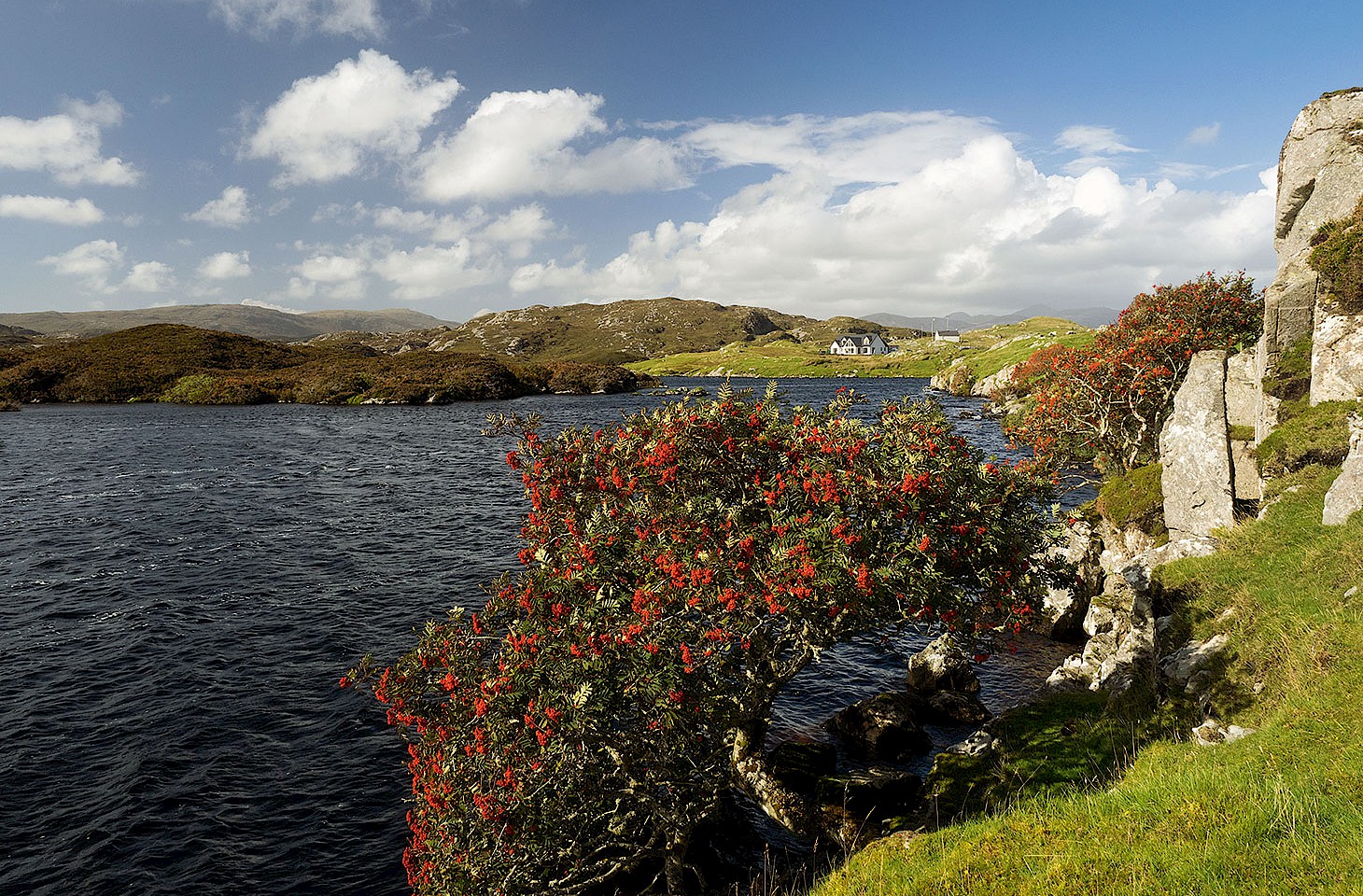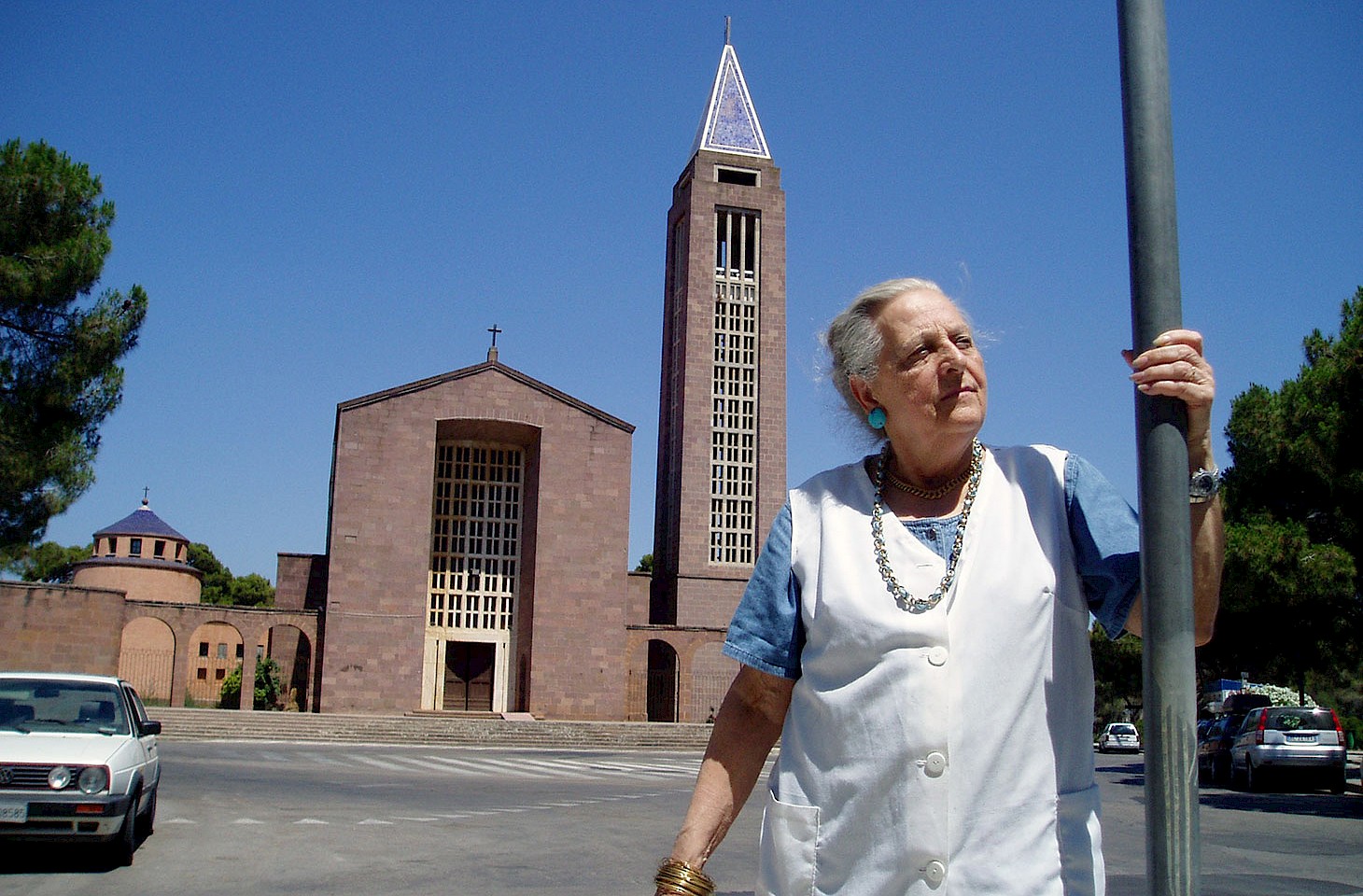Dear fellow travellers
Some Sicilian experiences seem almost to tumble off the edge of Europe. True, there are the effete sophisticated communities of the east and north coast, very European places, most notably Taormina. But visitors to the modern town on the slopes of Monte Tauro overlooking the Strait of Messina will nowadays find the place a tad busier than when DH Lawrence lived there eighty years ago. But there is another Sicily beyond the crowds of Taormina and Cefalù. And it's a Sicily that, at its best, can seem beguilingly un-Italian. Witness Lampedusa, an island of multiple migrations.
The Mediterranean island of Lampedusa is generally one of those 'out-of sight, out-of-mind' places, a tiny speck of Italian land that is much closer to Africa than the Italian mainland. Even the Sicilian port of Porto Empédocle is over two hundred kilometres away. The crossing to Sicily by boat may be a pleasant enough affair this time of year, but, come the winter, schedules become erratic and you never quite know if the boat will run on time, or at all.
Affluent Italians are in Lampedusa aplenty just now, part of the annual 'flop and drop' migration that brings chic families from the big Italian cities to this remote Mediterranean outpost for a few weeks of sun, sea and sand. This is a seasonal migration, for apart from the months of July and August, Lampedusa sees little by way of tourism.
The tourists will be gone by the end of August, leaving the beaches to the caretta sea turtles which serve as mascots to the island. On out of the way beaches around the coast, the turtle eggs hatch in early September, and the tiny turtles seem intuitively to know exactly which direction to run for the safety of the sea.
But Lampedusa also witnesses another kind of migration. One day this week, as the evening ferry arrived from Porto Empédocle, it had to jostle for position with the Italian coastguard cutters escorting a little armada of vessels newly arrived from Africa. Earlier this week, five hundred new migrants, mainly refugees from Sudan, arrived on Lampedusa in two days. The temporary shelter camp, built to house less than two hundred detainees, now holds many times that number. Across in the harbour, the wrecks of more than a dozen boats, evidence of earlier arrivals from Africa, lie in a slick of oily water under the summer sun.
In Lampedusa Town, some tourists attend to every word of a lecture on the lifecycle of the caretta turtle, while in the evenings, along Lampedusa's Via Roma, the visitors seek out African and Arab dishes, an exotic and essential ingredient of any summer vacation on the island. But, all the while, the tourists seem not to notice the great wave of migrants who this week made landfall in Lampedusa.
These are two worlds that seem destined never to meet. It is remarkable how tourism can sometimes narrow the mind!



